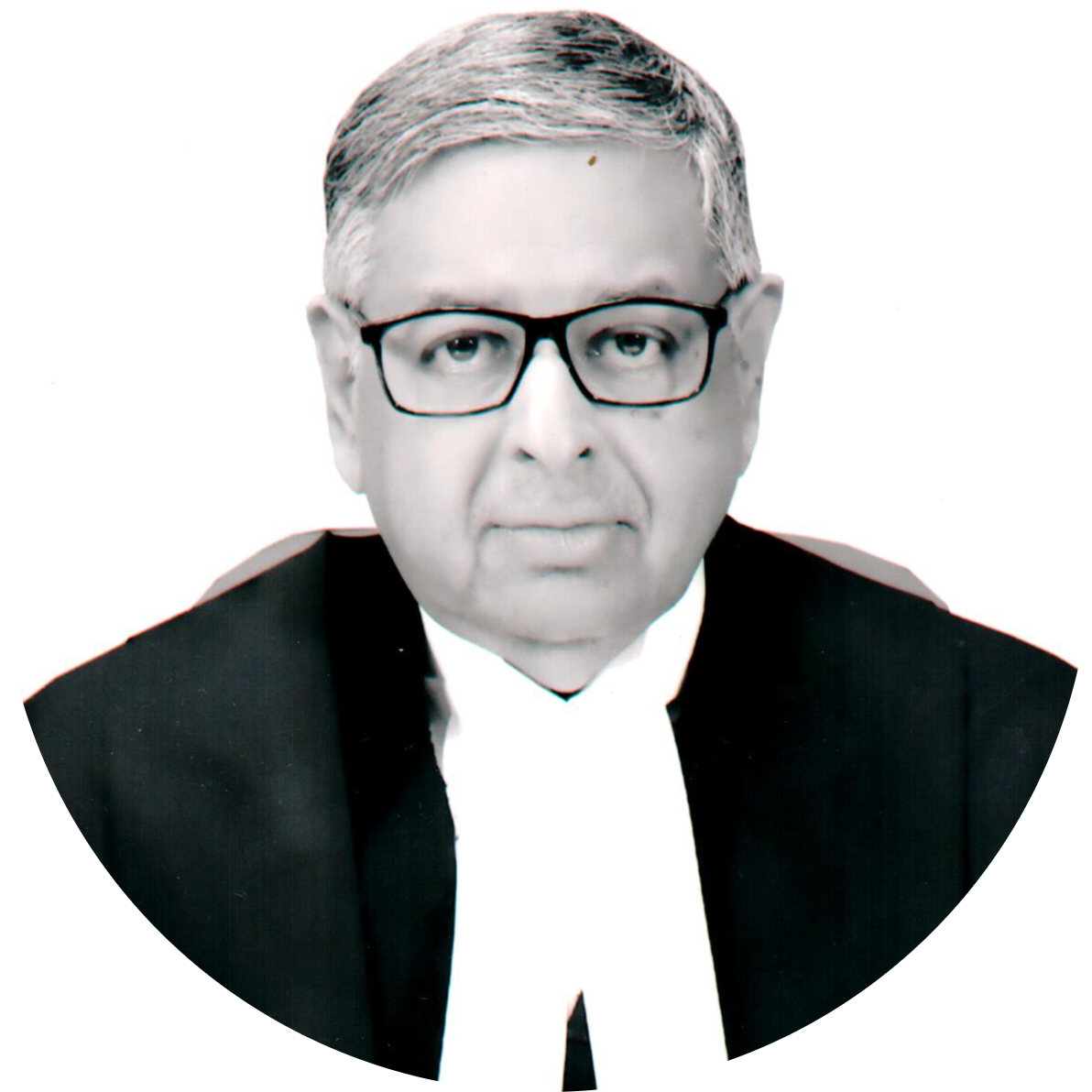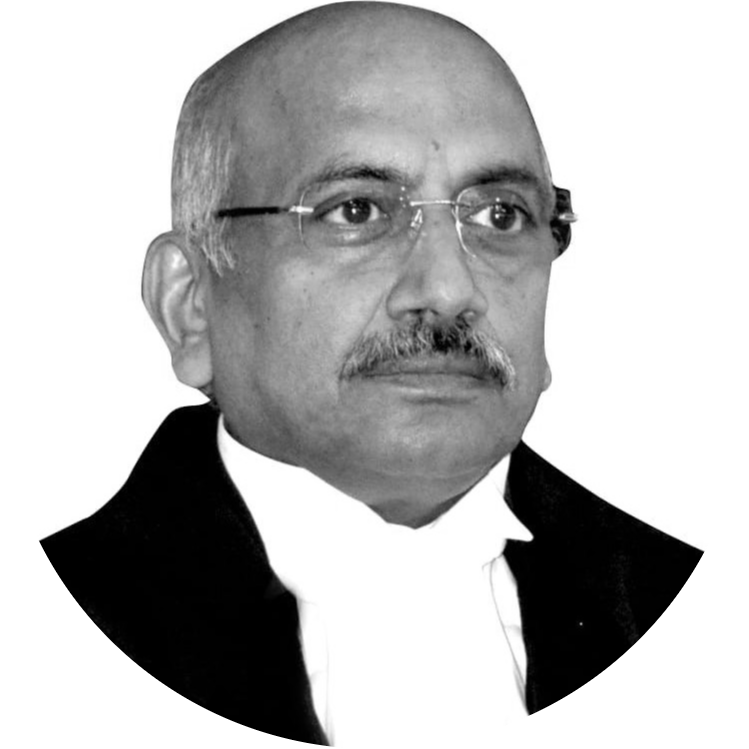POCSO Implementation
In Re: Alarming Rise in the Number of Reported Child Rape Incidents
The Court is framing guidelines and issuing directions to ensure the prompt delivery of justice for victims of child sexual abuse.
Pending
Parties
Case Details
Case Number: SM WP (Crl.) 1/2019; SLP (C) 034251/2017
Next Hearing:
Last Updated: July 14, 2022
TAGS: Child, Child Rights, POCSO
Key Issues
Have states implemented Section 30 of the Protection of Human Rights Act, 1993 and appointed Special Public Prosecutors?
What directions must be issued to ensure a speedy investigation and fair trial in all cases in the Unnao matter?
What steps must be taken to ensure the prompt disposal of cases under the Protection of Children from Sexual Offences Act, 2012?
Case Description
On July 12th 2019 the Supreme Court took note of an increasing number of child rape cases and their poor disposal rate in courts. On its own motion, the Court instituted a writ petition to issue guidelines and directions to prevent delay. It appointed senior counsel V Giri as the Amicus Curiae to assist in formulating directions.
In 2012, the Parliament enacted the Protection of Children from Sexual Offences (POCSO) Act. The Act aims to ensure speedy justice by establishing special procedures for reporting cases and instituting special courts to hear cases. It requires case disposal within a year of the offence being reported.
Despite these legislative provisions, the Supreme Court noted that as on July 12th, trial was completed in only 911 of the 24,212 child sexual abuse cases registered in India from January 1st to June 30th 2019.
The Supreme Court permitted the Union government to intervene in the matter and provide assistance to the court. However, it barred all other third parties from intervening in the matter out of concern that their interventions may halt progress.
On July 15th, 2019 the Supreme Court directed Amicus Curiae V Giri to collect information about the total number of POCSO cases pending in each district, within 10 days. The Registrar of the Supreme Court will assist him.
On July 25th, Amicus Curiae V Giri submitted a detailed report for the speedy investigation and trial of child rape cases. The Court directed the Union government to release funds for the establishment of special courts in every district with 100 or more pending cases under the POCSO Act. It directed that the special Courts be set up within 60 days.
In an unexpected turn of events, on July 31th, the court tagged the Unnao rape matter to this case. It took cognisance of a letter written by the Unnao rape victim’s mother, detailing victimisation and intimidation. On August 1st, it issued directions for the speedy investigation and fair trial of all cases in the Unnao matter. It also expanded the scope of this suo motu petition to include issues of victim compensation, victim protection and witness protection.
On 5 August, it tagged an additional case to the suo motu petition: National Commission for Protection of Child Rights v. Rajesh Kumar. Furthermore, by way of a January 2018 order, the court directed all states to report on the appointment of Special Public Prosecutors under the Protection of Human Rights Act, 1993. As of August 13th 2019, seven states have yet to file a reply.


